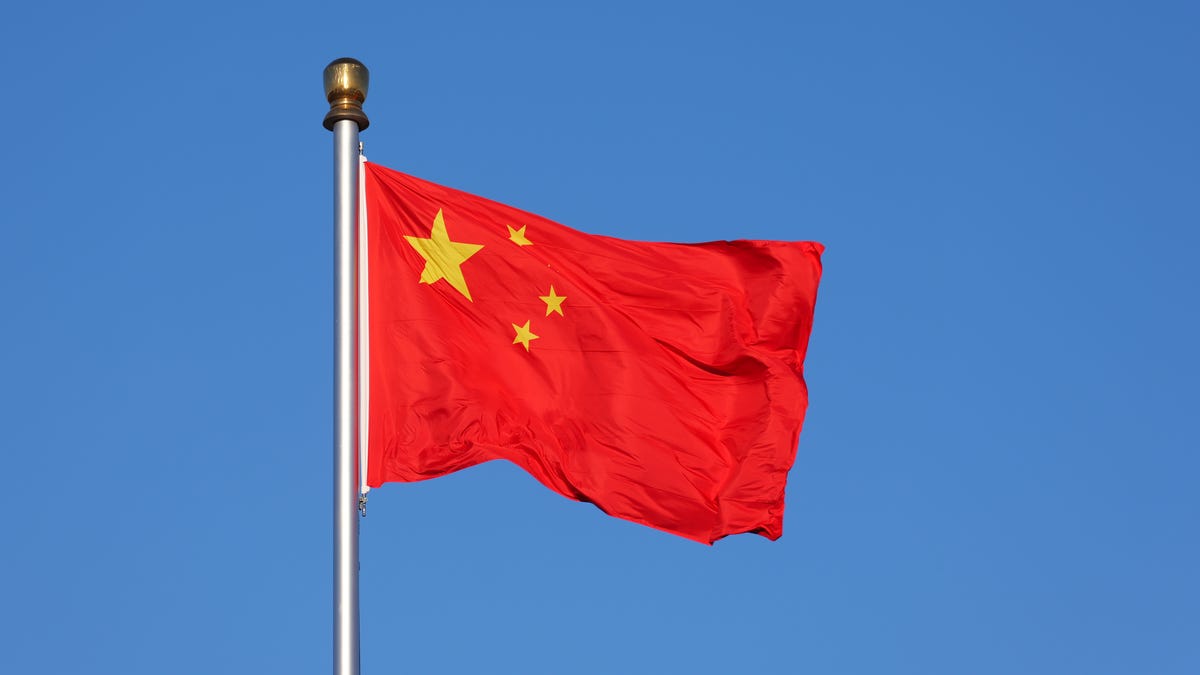## From Battlefield to Backroom Deals: U.S. Military Tech Allegedly Leaked to China
Imagine the blueprints to your secret weapon ending up in the wrong hands. Now imagine those blueprints being traded for cash, not on some shadowy back alley, but in a courtroom drama unfolding right here in the U.S. That’s the unsettling reality facing the Milwaukee Journal Sentinel as they report on shocking accusations: men have been charged with illegally exporting sensitive U.S. military technology to China. We’re diving deep into this story, exploring the potential ramifications for national security, the blurred lines of international trade, and the alleged motives behind this high-stakes betrayal.

Legal Ramifications and Potential Penalties

The alleged actions of Cui Guanghai and John Miller carry severe legal ramifications. They face multiple charges, including conspiracy, interstate stalking, smuggling, and violation of the Arms Export Control Act. These charges reflect the gravity of the accusations, which involve not only the theft of sensitive technology but also the targeting and harassment of a dissident.
The maximum sentences for these offenses are substantial. For violation of the Arms Export Control Act, the maximum penalty is 20 years in prison. Additionally, they face five-year maximum sentences for conspiracy and interstate stalking, and 10 years for smuggling. The potential for lengthy prison terms underscores the seriousness with which the U.S. government is treating these allegations.
Complicating matters further, the extradition process is underway. Cui and Miller are currently located in Serbia, and the U.S. is working with Serbian authorities to bring them back to face trial in the United States. Extradition proceedings can be complex and time-consuming, adding another layer of uncertainty to the case.
The Bigger Picture: US-China Tensions
Trade Wars and Technological Rivalry
The alleged activities of Cui and Miller occur within the context of escalating trade tensions and technological competition between the United States and China. Both nations vie for dominance in key sectors, such as artificial intelligence, 5G technology, and semiconductors. This competition has fueled a climate of mistrust and suspicion, with accusations of intellectual property theft and unfair trade practices.
The U.S. government has repeatedly expressed concerns about China’s efforts to acquire sensitive technologies through illicit means. The case against Cui and Miller is seen as a prime example of these concerns. It highlights the lengths to which China is allegedly willing to go to gain an edge in the global technology race.
Espionage as a Battlefield
In the 21st century, espionage has taken on new dimensions. Cyber warfare and intellectual property theft have become key battlegrounds in the rivalry between the United States and China. Cyberattacks targeting government agencies, businesses, and critical infrastructure are becoming increasingly sophisticated and frequent.
The case against Cui and Miller underscores the growing threat of cyber espionage. The individuals allegedly sought to acquire sensitive military technology through a combination of traditional and online means, demonstrating the evolving nature of espionage in the digital age.
Impact on Global Security
The proliferation of arms and the transfer of sensitive technologies can have destabilizing effects on global security. The alleged actions of Cui and Miller raise concerns about the potential for these technologies to fall into the wrong hands and be used for malicious purposes.
The case highlights the interconnectedness of global security threats. The transfer of military technology from one country to another can have far-reaching consequences, potentially fueling conflicts and undermining international stability.
Gamestanza: What Does This Mean for You?
Understanding the Stakes
This case has significant implications for all of us, regardless of our profession or technical expertise. It underscores the importance of cybersecurity, global political dynamics, and the protection of individual rights in a world increasingly reliant on technology.
As individuals, we must be aware of the potential for espionage and the risks associated with sharing sensitive information. We must also stay informed about current events and the geopolitical challenges facing our world.
Staying Informed
Staying informed about cyber threats and potential signs of espionage is crucial. This includes being aware of phishing scams, malware attacks, and other online threats. It also involves recognizing potential indicators of surveillance, such as unusual tracking devices or attempts to access personal information without authorization.
Gamestanza will continue to provide comprehensive coverage of these issues, empowering our readers to make informed decisions and protect themselves in an evolving digital landscape.
The Future of Tech
This case raises important questions about the balance between innovation and security. As technology advances, it becomes increasingly important to develop safeguards against potential misuse. We must ensure that technological progress benefits society as a whole while mitigating the risks of exploitation and abuse.
Gamestanza will continue to explore these complex issues, fostering dialogue and promoting responsible innovation in the technology sector.
Conclusion
The Milwaukee Journal Sentinel’s exposé on the alleged export of sensitive U.S. military technology to China reveals a chilling breach of national security. Prosecutors argue that these individuals, driven by financial gain, risked jeopardizing American defense capabilities and potentially aiding a geopolitical rival. The case paints a stark picture of the vulnerabilities inherent in a globalized world, where the lines between innovation and espionage can blur dangerously.
This incident raises serious questions about the adequacy of current regulations and oversight mechanisms. It underscores the need for stricter enforcement and a renewed focus on safeguarding critical technologies from falling into the wrong hands. The potential consequences of this alleged breach are far-reaching, impacting not only American military preparedness but also global stability. As technology continues to advance at an unprecedented pace, we must remain vigilant against those who seek to exploit it for their own nefarious purposes. This case serves as a stark reminder that the battle for technological supremacy is not merely a contest of innovation, but a struggle for the very soul of our nation’s security.
The future hinges on our ability to strike a balance between fostering innovation and safeguarding our national interests. The world watches as we grapple with these complex issues, hoping that the pursuit of progress will not come at the expense of our collective security.